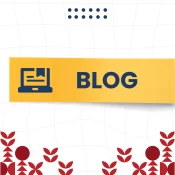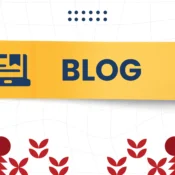Education Policies Advocating for Children
Since its establishment in 2015, Pusat Studi Pendidikan dan Kebijakan (PSPK) has been committed to promoting education policies that advocate for children. Recognizing that a policy cannot meet the expectations of all stakeholders, PSPK has chosen children as the primary beneficiaries to gain the maximum benefit from all education policies. Even if a policy is not directly related to children, the option selected must be the one that poses no risk to them. Nevertheless, PSPK believes that all education policies should be oriented towards the needs of children, thereby having a positive impact on their learning.
PSPK defines children as all beneficiaries of the education system. This means that children are not limited to those of elementary age but also include students. They are the nation’s children who need to be nurtured, cared for, and have their educational rights fulfilled by the State, with the support of the community, which also has an interest in creating an educated generation.
PSPK uses the term “children,” not students or learners, which suggests a passive role of someone being a participant, rather than an active agent in the learning process. Instead, PSPK views learning as a free process with the goal of liberating oneself. This freedom aligns with what Ki Hajar Dewantara envisioned: the ability to “live by one’s own strength, towards an orderly-peaceful and safe and happy life, based on human ethical living.” Thus, for PSPK, education policies should always aim to enable children to regulate themselves as independent individuals who learn throughout their lives.
Seeing individuals as children, not students or learners, means understanding the complexity of learning. Far from being pessimistic about the complexity of these disparity issues, PSPK is instead continually challenged to find ways to promote equitable education policies. Equitable education policies are based on the principle that family background, gender, abilities, living environment (rural or urban), religion, ethnicity, tribe, and other socio-economic cultural groups (external school factors) are not reasons to explain disparities in access and quality of learning outcomes. Collaboration to build a collective impact is one of the strategies continuously advocated by PSPK. Every stakeholder needs to take part in supporting children’s learning both inside and outside school.



